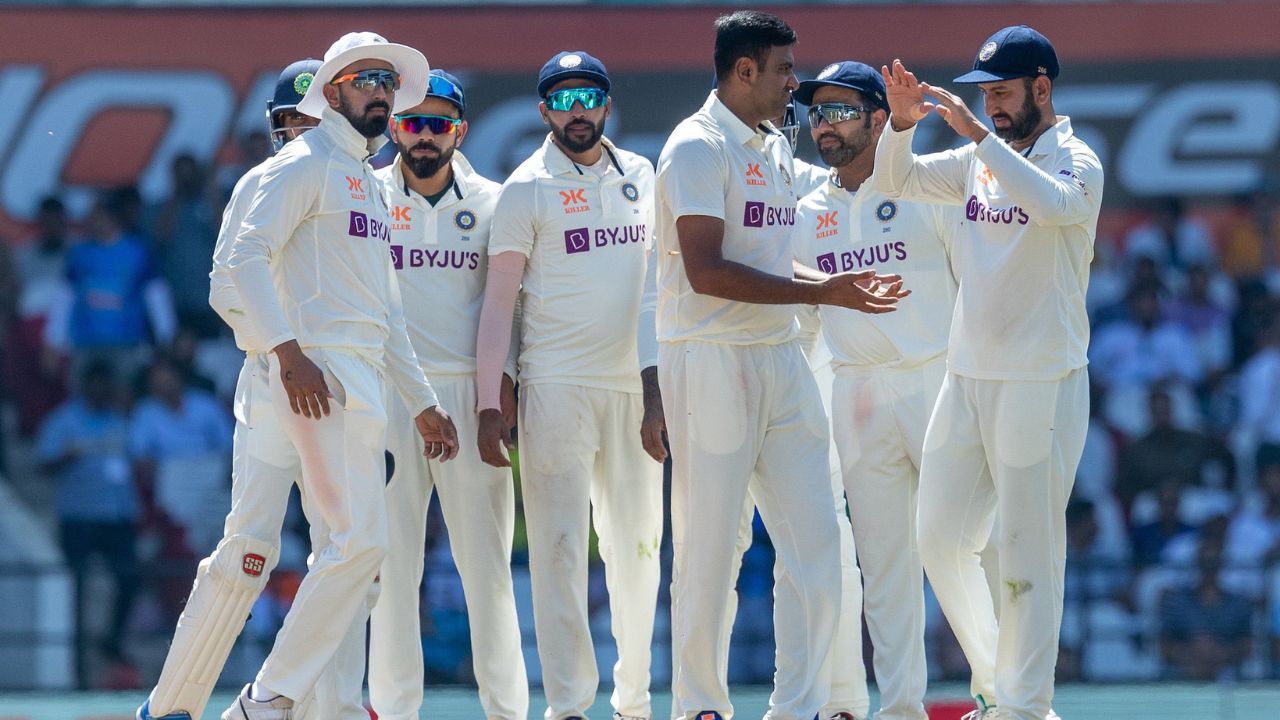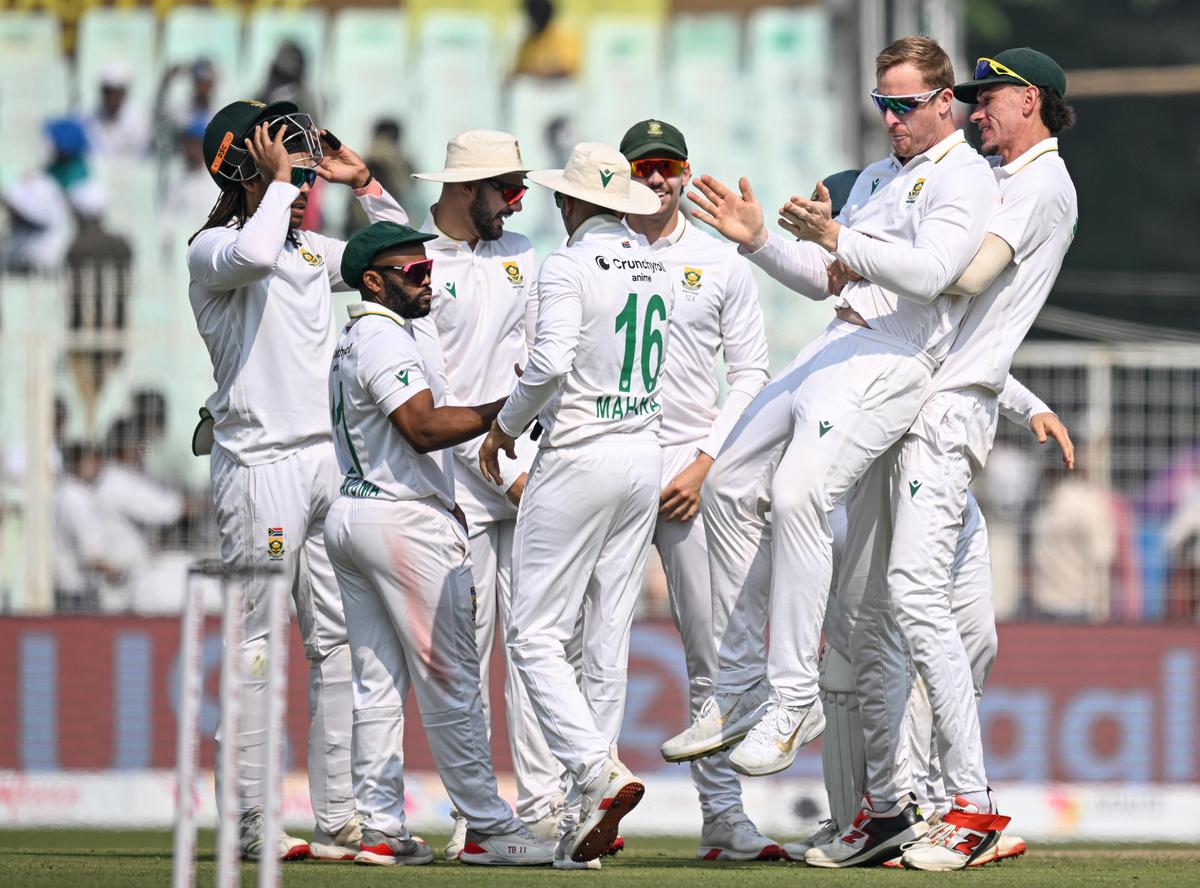Coaching Little League baseball is a rewarding experience that allows you to mentor and guide young athletes as they learn and develop their skills in the sport. However, being a successful Little League coach involves more than just knowledge of the game; it requires effective teaching, communication, and leadership skills. Whether you're a first-time Little League coach or looking to improve your coaching abilities, here are some helpful tips to set you on the path to success.
1. Understand the Age Group
One of the first steps in coaching Little League baseball is to understand the age group you'll be working with. Little League players typically range from 4 to 16 years old, and their physical and emotional development can vary significantly. Tailor your coaching approach to the specific age group you're working with to ensure that your coaching methods are age-appropriate.
2. Focus on Fundamentals
Fundamentals are the building blocks of baseball. Emphasize the basics of hitting, fielding, throwing, and base running. Spend ample time on drills that help players develop these fundamental skills. A strong foundation in the basics will lead to better overall performance on the field.
3. Create a Fun and Positive Environment
For many young players, Little League baseball is their first exposure to organized sports. Make it a positive and enjoyable experience. Encourage a fun and inclusive atmosphere where players can learn, make friends, and develop a love for the game. Positive reinforcement goes a long way in boosting players' confidence and enthusiasm.
4. Be Patient and Supportive
Remember that Little League players are still learning and growing. They will make mistakes, and it's essential to be patient and supportive. Instead of focusing solely on winning, concentrate on the players' development. Offer constructive feedback and celebrate their achievements, no matter how small they may seem.
5. Communication is Key
Effective communication is vital for any coach. Clearly convey your expectations and instructions to your players. Listen to their questions and concerns, and be approachable. Communication also extends to parents; keep them informed about practice schedules, games, and team updates.
6. Safety First
Safety should be a top priority. Ensure that players wear appropriate safety gear, such as helmets and protective gear, when necessary. Teach players proper techniques to prevent injuries, and be prepared to handle injuries if they occur. Establish an emergency action plan and have access to first-aid supplies.
7. Plan Well-Structured Practices
Organized and well-structured practices are essential for player development. Plan your practices in advance and have a clear agenda. Include a variety of drills that address different aspects of the game. Keep practices engaging and challenging while maintaining a balance between skill development and game-like situations.
8. Promote Sportsmanship
Teach your players the importance of sportsmanship and respect for teammates, opponents, coaches, and officials. Encourage fair play and discourage unsportsmanlike behavior. Lead by example and demonstrate good sportsmanship in your interactions with others.
9. Adapt and Be Flexible
Every player is unique and may have different needs and learning styles. Be flexible in your coaching approach and adapt to the individual needs of your players. Some players may require extra attention or alternative teaching methods to grasp certain skills.
10. Delegate Responsibilities
Coaching a Little League team involves various responsibilities, from organizing equipment to scheduling games. Don't hesitate to delegate tasks to assistant coaches, team parents, or volunteers. Sharing responsibilities can help you focus on coaching and creating a positive experience for your players.
11. Continuous Learning
Coaching is a continual learning process. Stay up-to-date with the latest coaching techniques, rule changes, and safety protocols. Attend coaching clinics, workshops, and seminars to enhance your coaching knowledge and skills.
12. Maintain Perspective
While it's natural to be competitive, especially in a game like baseball, remember that these are young athletes in the early stages of their development. Keep perspective on what's most important: their growth as individuals and their enjoyment of the game.
Conclusion
Coaching Little League baseball can be a fulfilling and enjoyable experience when approached with the right mindset and strategies. By understanding the age group you're working with, focusing on fundamentals, creating a positive environment, and emphasizing communication and sportsmanship, you can contribute to the growth and development of young athletes. Remember that coaching is about more than just wins and losses; it's about helping players develop skills, build character, and have a positive experience on the baseball field.








 OpinionExpress.In
OpinionExpress.In















Comments (0)